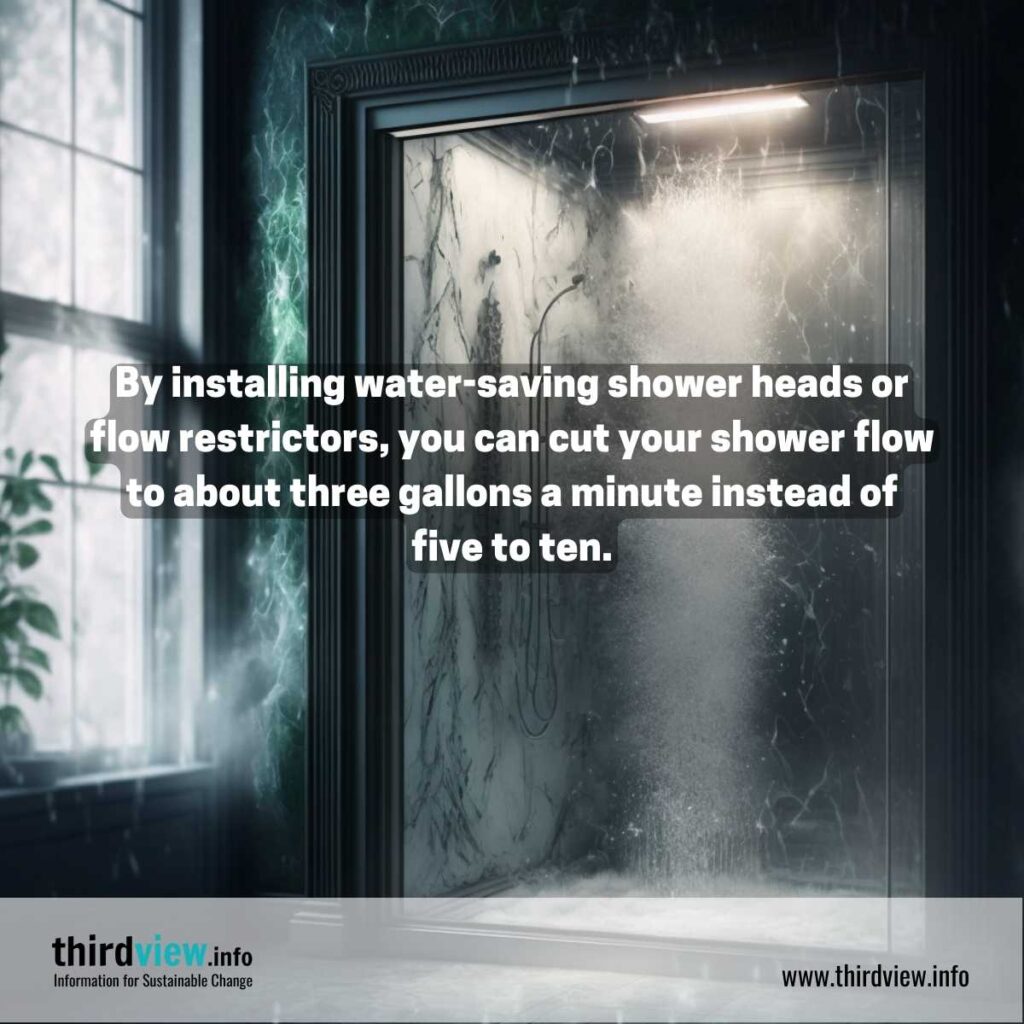7 Easy Facts About Reclaim Waste Described
7 Easy Facts About Reclaim Waste Described
Blog Article
The Greatest Guide To Reclaim Waste
Table of ContentsReclaim Waste Can Be Fun For EveryoneMore About Reclaim WasteThe 5-Minute Rule for Reclaim WasteSome Known Details About Reclaim Waste The 30-Second Trick For Reclaim Waste
Discover the kinds, occurrences, and kinds of liquid waste. Domestic sewer waste refers to the waste and items from a household septic system. This type of waste is developed by people in houses, institutions, and other structures. This only includes septic systems that have a drain area. The appropriate management and disposal of domestic sewer waste need fluid waste to be transferred to a sewer treatment plant where the correct techniques and tools are put on detoxify and deal with waste.
Business waste usually includes prospective threats, such as flammable products or a mixture of liquid and solid waste items, and calls for an advanced and thorough disposal process. The disposal of industrial waste typically involves the filtering of waste prior to transport to ensure safe and appropriate disposal. Hazardous waste is developed from byproducts and runoff of industrial procedures and manufacturing.
This sort of waste can not use the exact same sewer management transport or procedures as septic or industrial fluids. The industrial waste administration procedure calls for the inspection and testing of liquid waste prior to it undertakes the disposal procedure (industrial wastewater treatment). Runoff waste is the liquid waste that comes from runoff and excess stormwater in extremely inhabited areas or cities
Drainage waste can trigger contamination and flooding if not managed appropriately. Making certain correct waste administration can stop catastrophes and reduce environmental injury.
Reclaim Waste Can Be Fun For Everyone
Call PROS Services today to find out regarding our waste management and disposal services and the correct ways to look after the liquid waste you generate.
(http://go.bubbl.us/e67627/7593?/Reclaim-Waste)Do you recognize what occurs to your water when you end, purge the bathroom or drain the cleaning equipment? No? Well, it's worth knowing. This supposed 'wastewater' is not only a vital source however, after treatment, will certainly be released to our land, rivers or the ocean. Made use of water from bathrooms, showers, bathrooms, kitchen area sinks, laundries and commercial processes is referred to as wastewater.

water utilized to cool machinery or tidy plant and devices). Stormwater, a type of wastewater, is runoff that moves from agricultural and metropolitan locations such as roof coverings, parks, gardens, roadways, courses and rain gutters right into stormwater drains, after rainfall. Stormwater flows neglected straight to neighborhood creeks or rivers, at some point getting to the ocean.
Reclaim Waste Things To Know Before You Get This
In Queensland, most wastewater is treated at sewage treatment plants. Wastewater is transported from domestic or industrial sites through a system of drains and pump terminals, understood as sewerage reticulation, to a sewage therapy plant.
The Division of Natural Resources suggests neighborhood federal governments concerning handling, operating and preserving sewerage systems and treatment plants. In unsewered locations, city governments may require householders to install specific or family sewer treatment systems to treat residential wastewater from bathrooms, kitchens, washrooms and laundries. The Division of Natural Resources authorizes using household systems when they are proven to be reliable.
In some brand-new communities, therapy of some stormwater to remove litter, sand and crushed rock has actually started making use of gross toxin catches. Wastewater therapy takes place in four phases: Eliminates solid issue.
Utilizes little living organisms understands as micro-organisms to damage down and remove staying liquified wastes and great particles. Micro-organisms and wastes are integrated in the sludge.
More About Reclaim Waste
Nutrient removal is not available at all sewer therapy plants since it needs costly specialist devices. Clear liquid effluent produced after treatment may still contain disease-causing micro-organisms - liquid waste disposal.

This normally indicates wastewater has to be dealt with or impurities eliminated before it can be released to rivers. A lot of wastewater flows into the sewage system. Under the Act, regional governments carry out authorizations and licences for eco appropriate activities (Periods) including wastewater releases that could have a regional impact. The division administers authorizations and licences to Periods entailing wastewater releases that might have a local or statewide effect.
The Main Principles Of Reclaim Waste
Monitoring gives factual details about water quality and can verify that permit conditions are being satisfied. The info gotten through tracking gives the basis for making water top quality choices.
Report this page